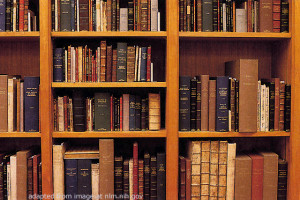JRL NEWSWATCH: “How history caught up with my Russian academic friends” – Financial Times

“From post-Soviet freedoms to resurgent autocracy: a historian reflects on the plight of Russia’s beleaguered intelligentsia.”
“… When I think of the situation of my friends in Russia, of the future they have been denied by Putin’s war, I feel shame, frustration, anger and most of all sadness on their behalf. They all, I’m sure, abhor this war — even if they do not dare say so in their messages to me. Many are concerned for their own Ukrainian relatives. … Maybe those I’ve not heard from are now in jail, or just too scared to get in touch, following the mass arrests of antiwar protesters and the passing of new laws criminalising criticism of the government and ‘false reports’ about the ‘military operation’ with sentences of up to 15 years. My friends … belong to the intelligentsia circles of Moscow and St Petersburg, a world apart from the provinces, where most people get their news from state TV. …”
Russia’s last independent radio and online TV stations were shut down after the start of the war.
One aspect of growing authoritarianism under Putin has been the Kremlin asserting greater control over how history is taught in schools or presented by the media.
Free universities must keep a low profile and especially try to avoid being closed down as “foreign agents” due to any international connections.
Members of the intelligentsia generally are weakened by the state and further isolated by their refusal to cooperate with the state.
